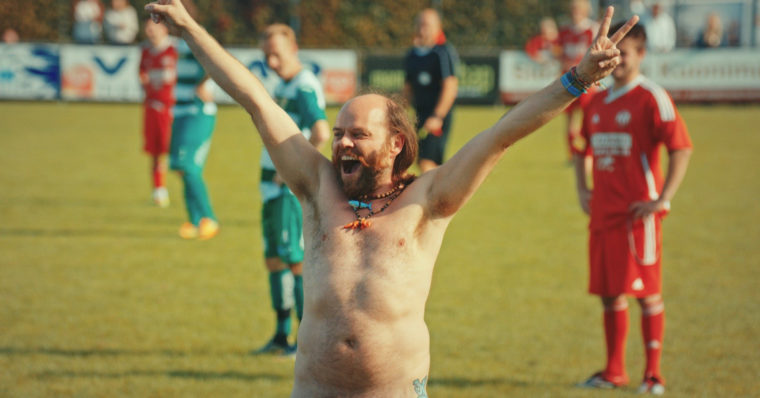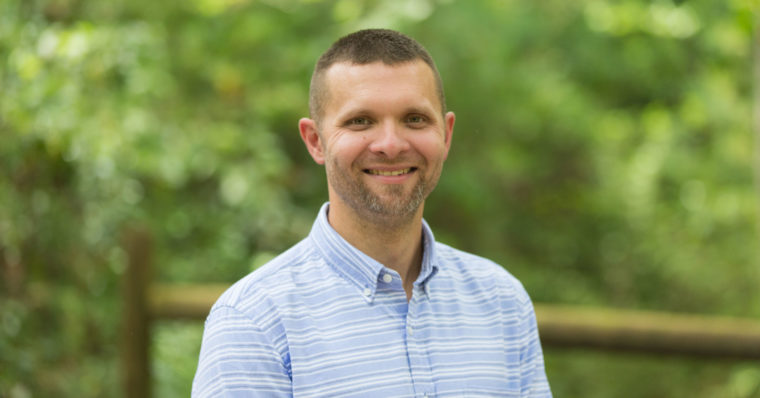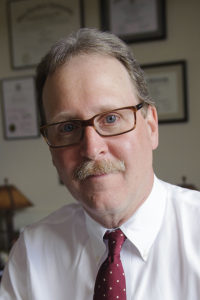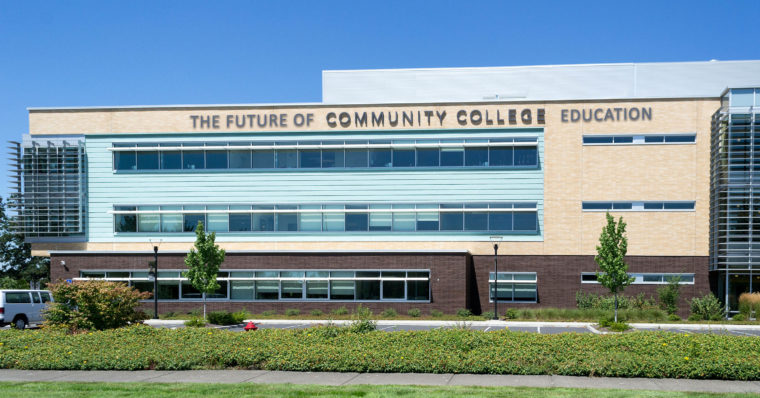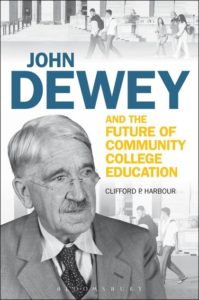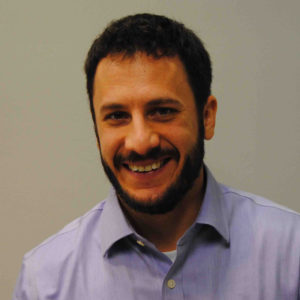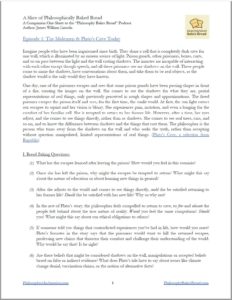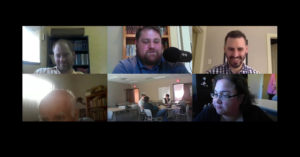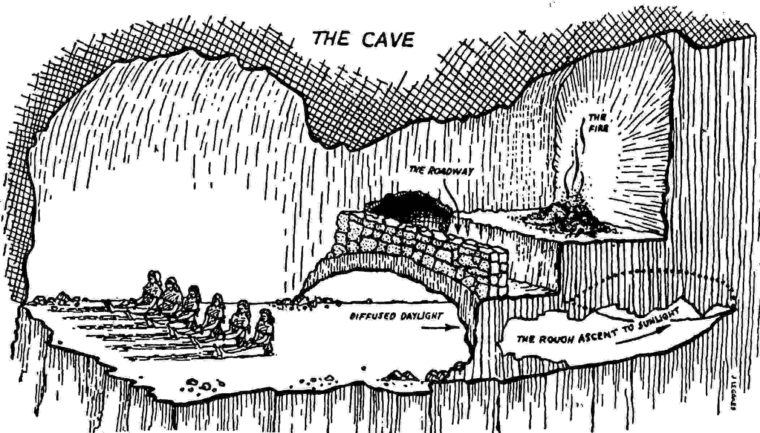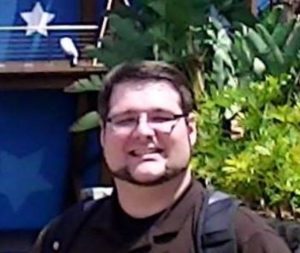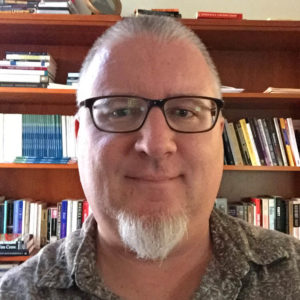
Mark specializes in American Pragmatism and social and political philosophy. He is very involved on campus; he is a Faculty Associate with the Center for Professional and Applied Ethics and the Faculty Co-Advisor of the Philosophy Club. Mark has recently written and published articles in Human Affairs and the Review Journal for Political Philosophy. The focus of his recent work has been on the intersection of deliberative democracy, pragmatic pluralism, and citizenship. Mark also has interests in phenomenology especially the views of French philosopher Maurice Merleau-Ponty.
Listen for our “You Tell Me!” questions and for some jokes in one of our concluding segments, called “Philosophunnies.” Reach out to us on Facebook @PhilosophyBakesBread and on Twitter @PhilosophyBB; email us at philosophybakesbread@gmail.com; or call and record a voicemail that we play on the show, at 859.257.1849. Philosophy Bakes Bread is a production of the Society of Philosophers in America (SOPHIA). Check us out online at PhilosophyBakesBread.com and check out SOPHIA at PhilosophersInAmerica.com.
(1 hr 1 mins)
Click here for a list of all the episodes of Philosophy Bakes Bread.
Notes
- Albert Camus, The Myth of Sysiphus (New York: Vintage Press, 1991).
- The story of Sysiphus.
- The New College of Florida.
- The Web site for Campus Compact, and the Charlotte, North Carolina Chapter.
- Jana Mohr Lone and Michael Burroughs, Philosophy in Education: Questioning and Dialogue in Schools (Lanham, MD: Rowman and Littlefield, 2016).
- Lynx Light Rail of Charlotte, NC.
- James Fishkin on deliberative polling and the Center for Deliberative Democracy.
You Tell Me!
For our future “You Tell Me!” segments, Mark posed the following question in this episode:
“Not to promote excessive drinking, but: Do you think that there ought to be a drinking game to go along with the Philosophy Bakes Bread podcast?”
Proposed examples: When you hear “I like that,” “Right on,” “Indeed,” Eric’s out-of-date pop-culture references, or “This is correct!”
Let us know what you think! Via Twitter, Facebook, Email, or by commenting here below.


